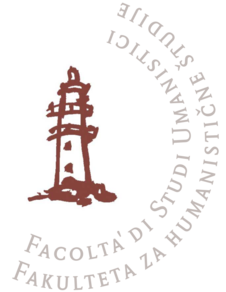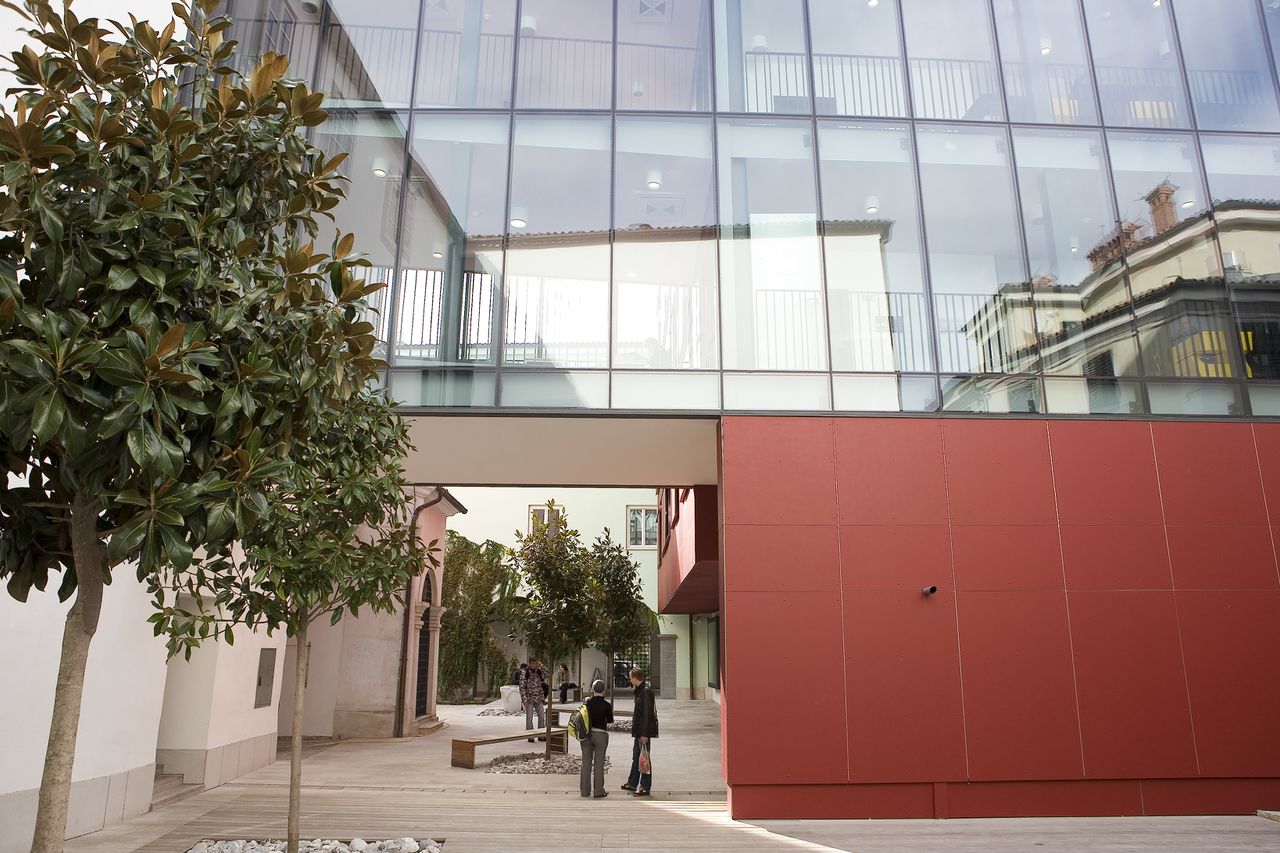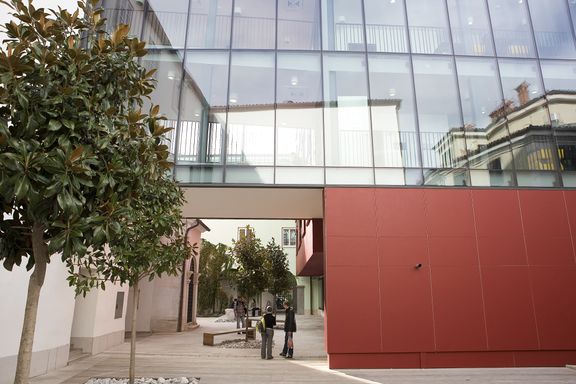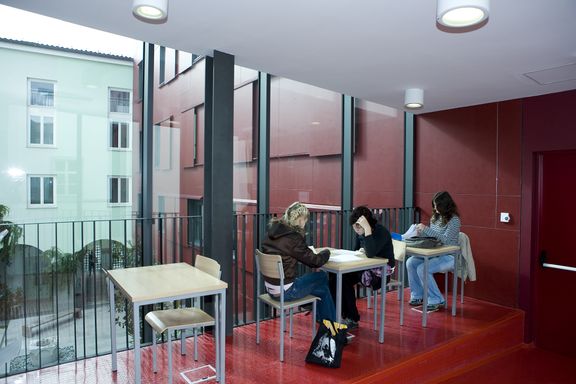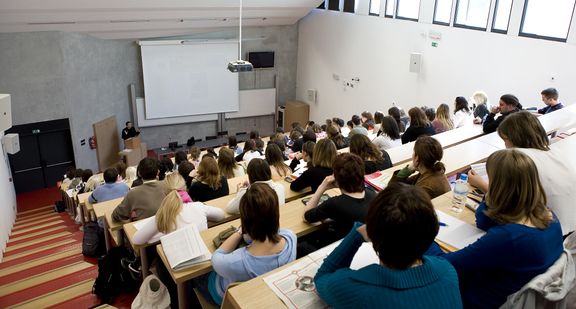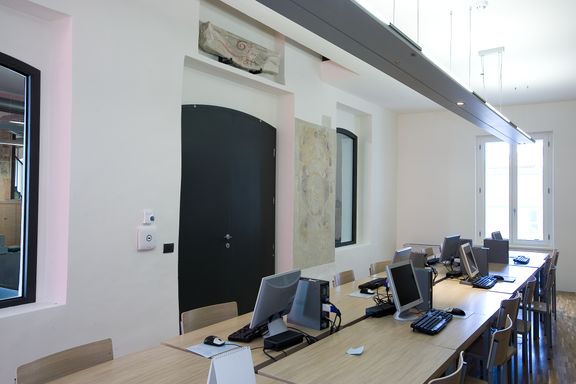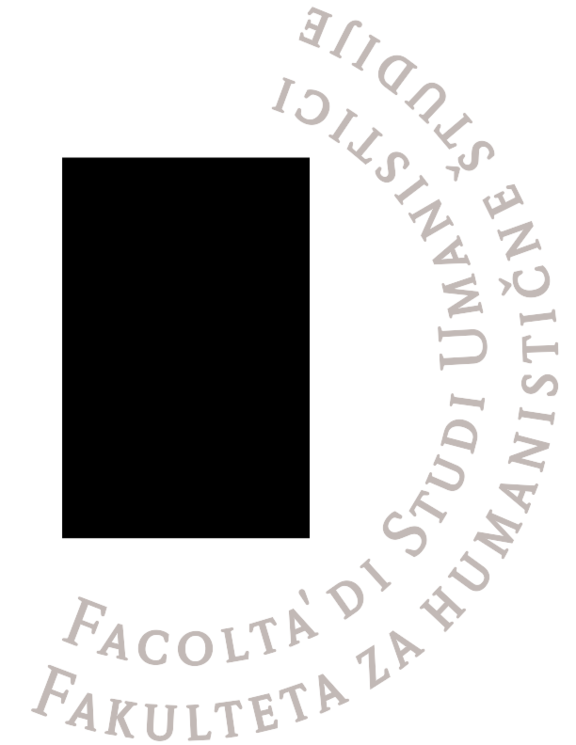Faculty of Humanities Koper, University of Primorska
Structure and departments
Regardless of the fact that only recently the study of humanities was institutionalised at the University of Primorska, the Faculty of Humanistic Studies represents an inspired approach in the field of contemporary study of Anthropology, History, Visual Culture, Philosophy, and Media studies.
The Council for High Education of the Republic of Slovenia agreed to launch two new undergraduate studies programmes, Geography of Contact Spaces and Cultural Studies and Anthropology in the school year 2001–2002. A postgraduate programme in Karstology started in the same year, while two further postgraduate programmes – the History of Europe and the Mediterranean and the Philosophy and Theory of Visual Culture – were validated a year later. Since then the Faculty of Humanistic Studies has developed several research centres (Institute for Intercultural Studies) and collaborates with the Science and Research Centre of Koper.
Today the Faculty of Humanistic Studies has 16 regular professors and more than 120 employed as academic staff. This number is subject to change according to current trends in the university sphere and public response, as well as the need for staff and budget cuts by the faculty administration.
The faculty library has around 8,000 units and is specialised in the field of Anthropology, History, Geography, Linguistics. The library's catalogue is available online at the COBISS - Slovene Virtual Library.
International cooperation and projects
The Faculty of Humanistic Studies is involved in several international cooperation programmes: the DA VINCI Mobility programme scheme offers the possibility of internships in the EU member states – the faculty’s special interest is in North Adriatic Mediterranean – while the SOCRATES/ERASMUS programme enables students to combine their studies with courses at other European universities (Austria, Belgium, the Czech Republic, Finland, Italy, Latvia, Hungary, Malta, Germany, the Netherlands, Poland, Romania, Slovakia, Spain, Turkey).
The faculty is also involved in several international projects (Heritage Live, Bridge, Marina, Eunom, Permit) and regularly organises an international summer school in humanities (META – Mediterranean Summer School in Theoretical and Applicative Humanities) and a course in Slovenian Language.



